Description
Zeolite up to 0.8 mm – Powder, grain size ideal for incorporation into small scale crops such as nurseries . It is also used as an additive in feed for large animals and in their living space. In industry it is used in cleaning and environmental management. Packaging 25 kg.
Applications
Zeolite in agriculture
Zeolite up to 0.8 mm – Powder, is mainly used in very small scale incorporations such as for example in seed production and tree nurseries. It makes sense to use this particle size in controlled environments so that it can be incorporated with ease. Zeolite is usually applied by incorporation into the soil in quantities of between 450 and 600 kg per hectare depending on the type of soil and its particle size (fineness of material). In heavy soils, zeolite in the form of gravel (2,5-5 mm) is preferable, while in light soils it is preferable in the form of fine gravel (0,8-2,5 mm). A total of 450 to 600 kg per hectare is needed to maximise its contribution to increasing production. Its beneficial effect is long-lasting because zeolite does not decompose like other materials.
Read more about the use of zeolite in agriculture on our informative website
Zeolite in livestock farming
Zeolite up to 0.8 mm, in powder form, can be added to the feed of large animals, at a rate of 2 to 2.5%, in their ration. It cleanses their digestive system of heavy metals, free radicals and toxins. Using 100 grams of fine gravel (0.8-2.5 mm) per square metre on the floor of stables or other animal areas greatly reduces odours by absorbing and neutralising ammonia and hydrogen sulphide.
The European Union, in accordance with Directive 70/524/EEC (Commission Regulation (EC) No 1810/2005) has officially authorised the use of clinoptilolite of sedimentary origin as a binding and anti-caking additive in feedingstuffs for poultry, cattle, pigs and salmon .
European Union Implementing Regulation authorising clinoptilolith as a feed additive
In the wider area of Petrotes in Nea Orestiada, where natural zeolite is in abundance, many stables and other buildings have zeolite as building material. Because of its antifungal property, it also protects the animal’s udders from disease, improving the quality and increasing the quantity of milk produced. Due to the absorption of ammonia and other harmful substances, the odourless manure can then be used as fertiliser.
Results from its use in animal husbandry
The use of natural zeolite in animal husbandry can have the following effects:
- Protects animals from intestinal diseases by fighting diarrhoea .
- Reduces food consumption.
- Reduces the medication of animals.
- It reduces the mortality of young animals and contributes to their growth.
- It binds the ammonia produced during the digestion of food, while at the same time it releases potassium that regulates the acidity of the stomach which facilitates the absorption of minerals and nutrients.
- It binds and removes toxins and food allergens through the digestive tract.
- Improves the immune system of animals.
- It contributes to increased milk production and meat quality. An increase of 17% has been observed in the milk production of cows.
- It helps to control odours, mainly ammonia and hydrogen sulphide in feed preservation and storage areas of livestock farms.
- As a means of improving the living conditions of the animals in the rearing chambers.
- Poultry show an increase in laying and a 7% increase in weight.
- Raising goats at 2.5% in their ration resulted in an increase in weight, birth in triplets and quadruplets and a significant increase in fat content in their milk.
Read more about the livestock use of zeolite on our informative website
Environment
The unique composition of the mineral zeolite provides it with important physical and chemical properties, resulting in the constant development of new applications for its use, making it one of the most useful minerals today. “Molecular sieve” zeolite, locks in positive ions, absorbing a multitude of environmental pollutants amounting to up to thirty (30) percent of its weight.
Zeolite contributes to a cleaner and safer environment in countless ways. It is used to enrich the atmosphere with oxygen due to its selective ability to absorb nitrogen. It is applied in the cleaning of seas from oil spills. As a redox catalyst, it can remove air pollutants such as engine gases and CFCs that cause ozone depletion. By adding zeolite to cement, in the construction sector, carbon dioxide production is significantly reduced. It also improves and purifies drinking water by filtering out all hazardous substances for humans.
Read more about the use of zeolite in the environment on our information website
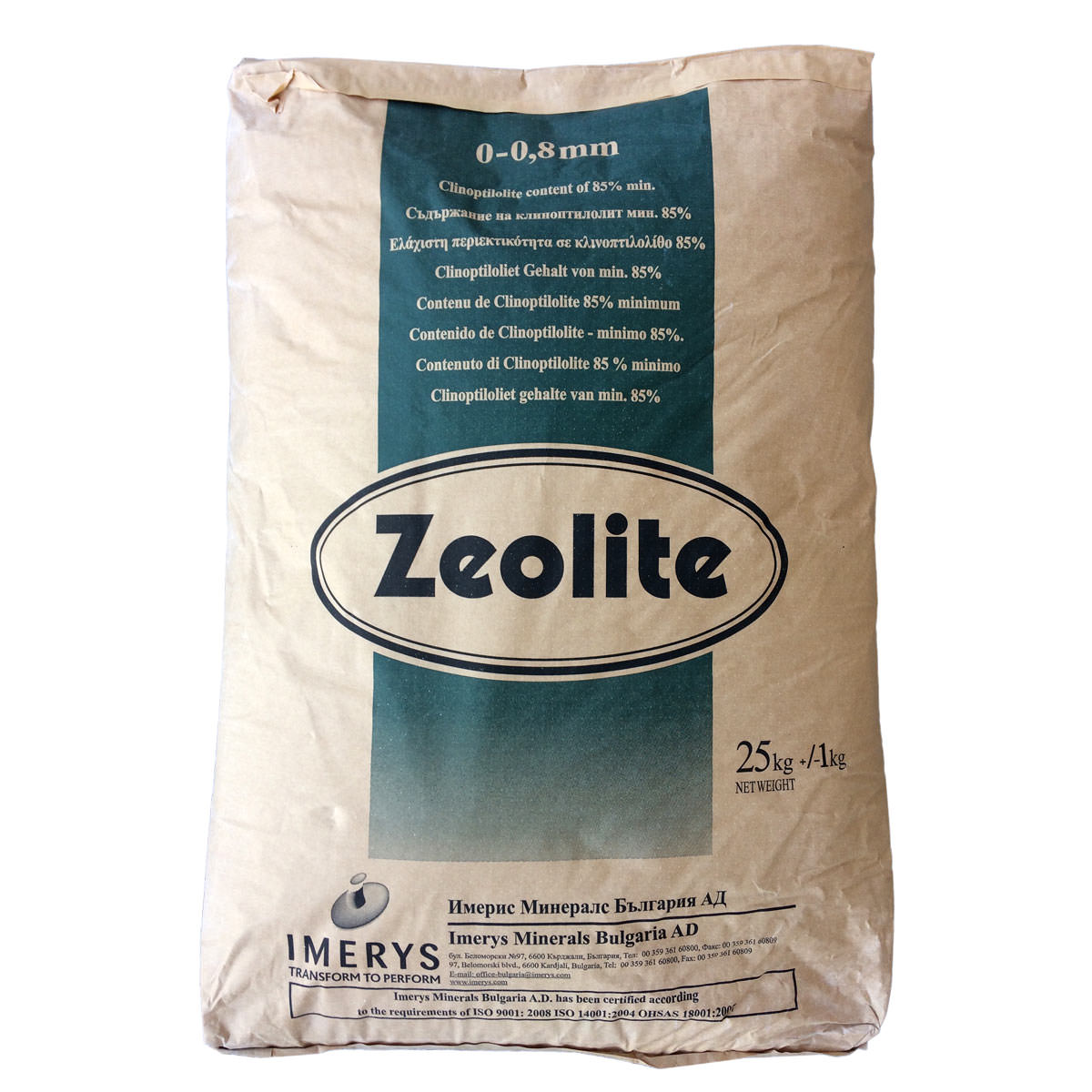
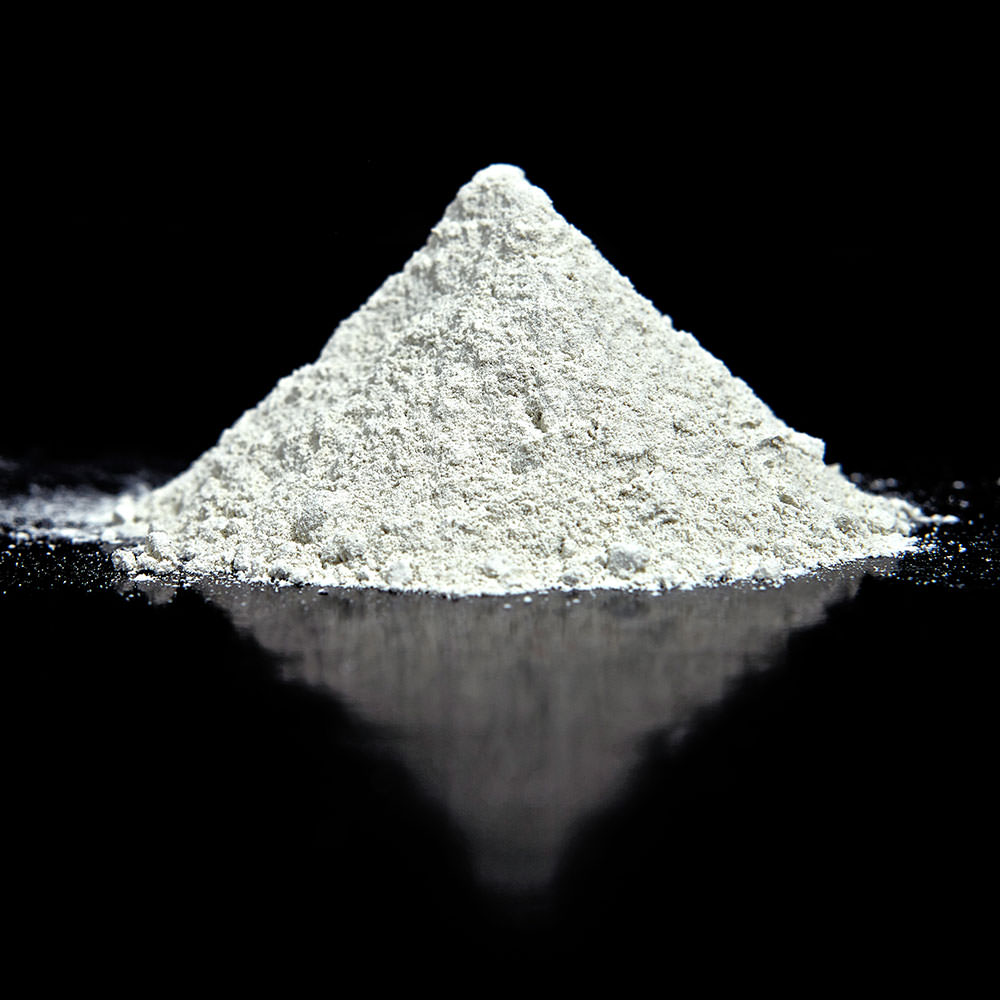
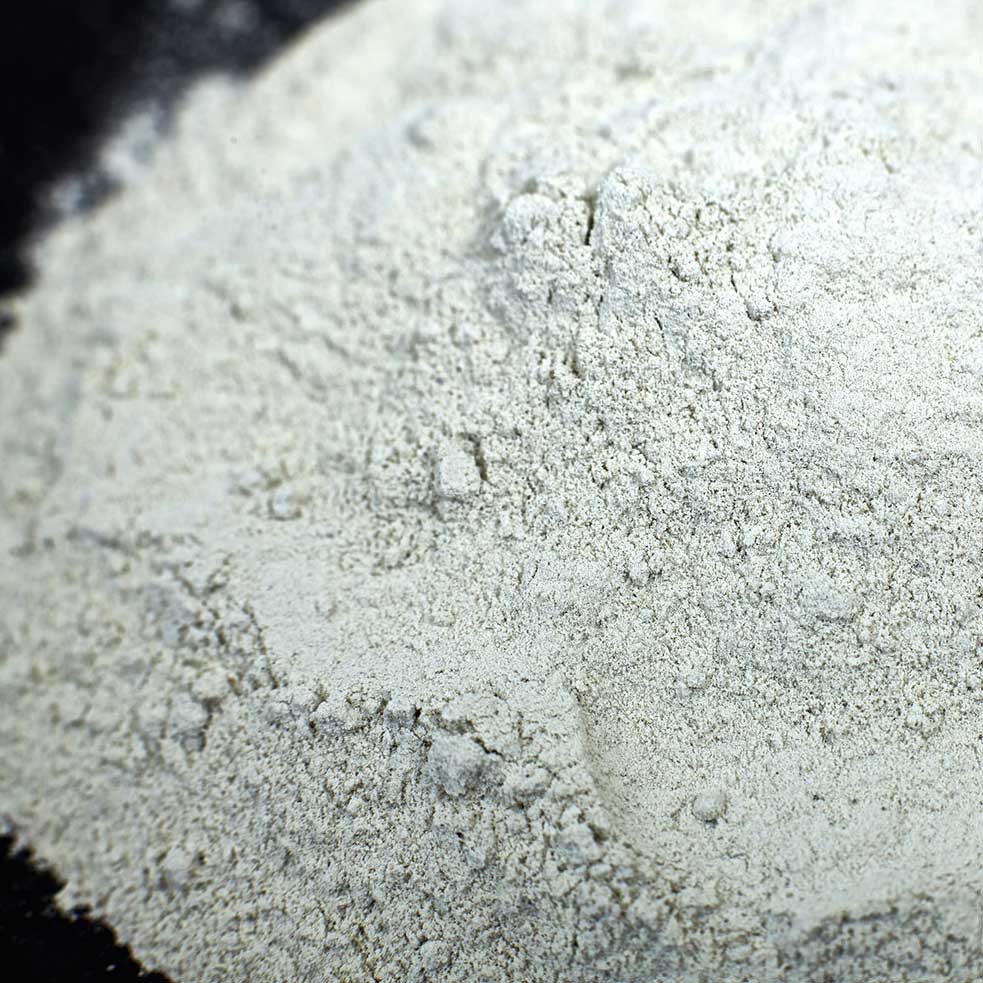
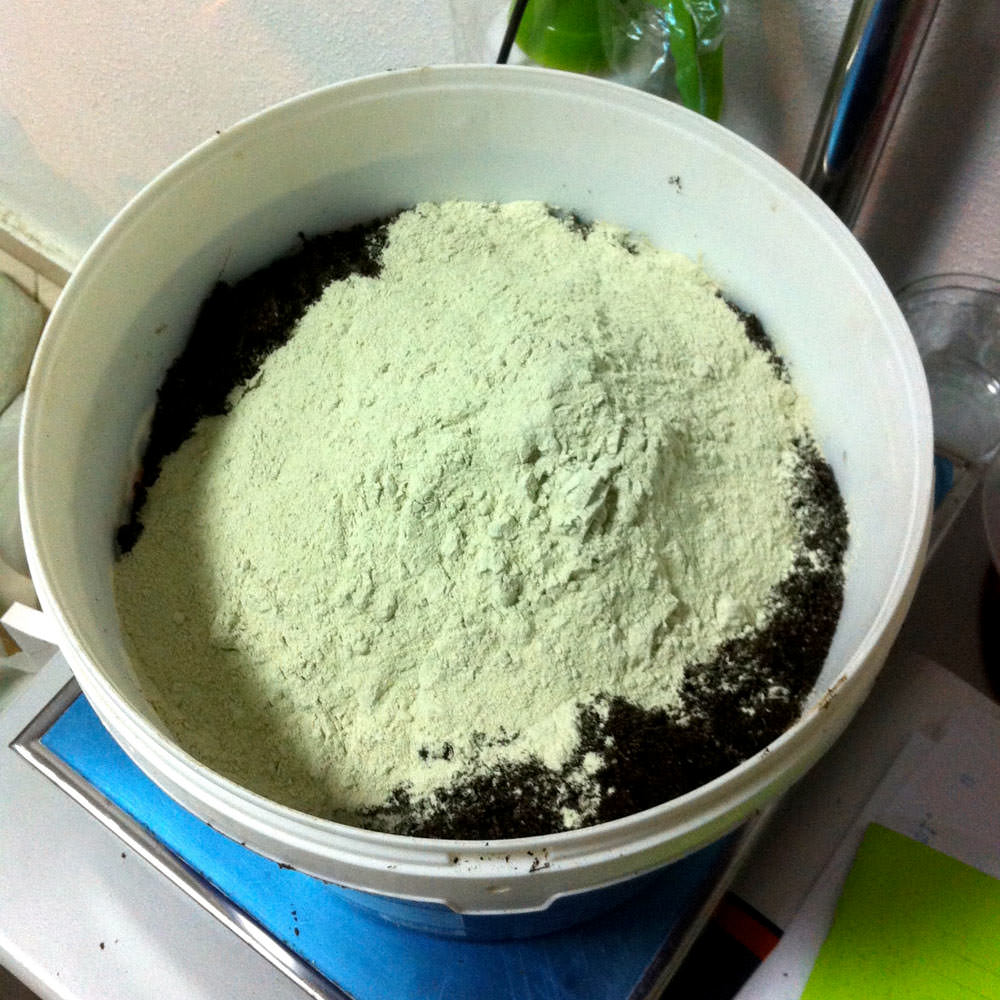
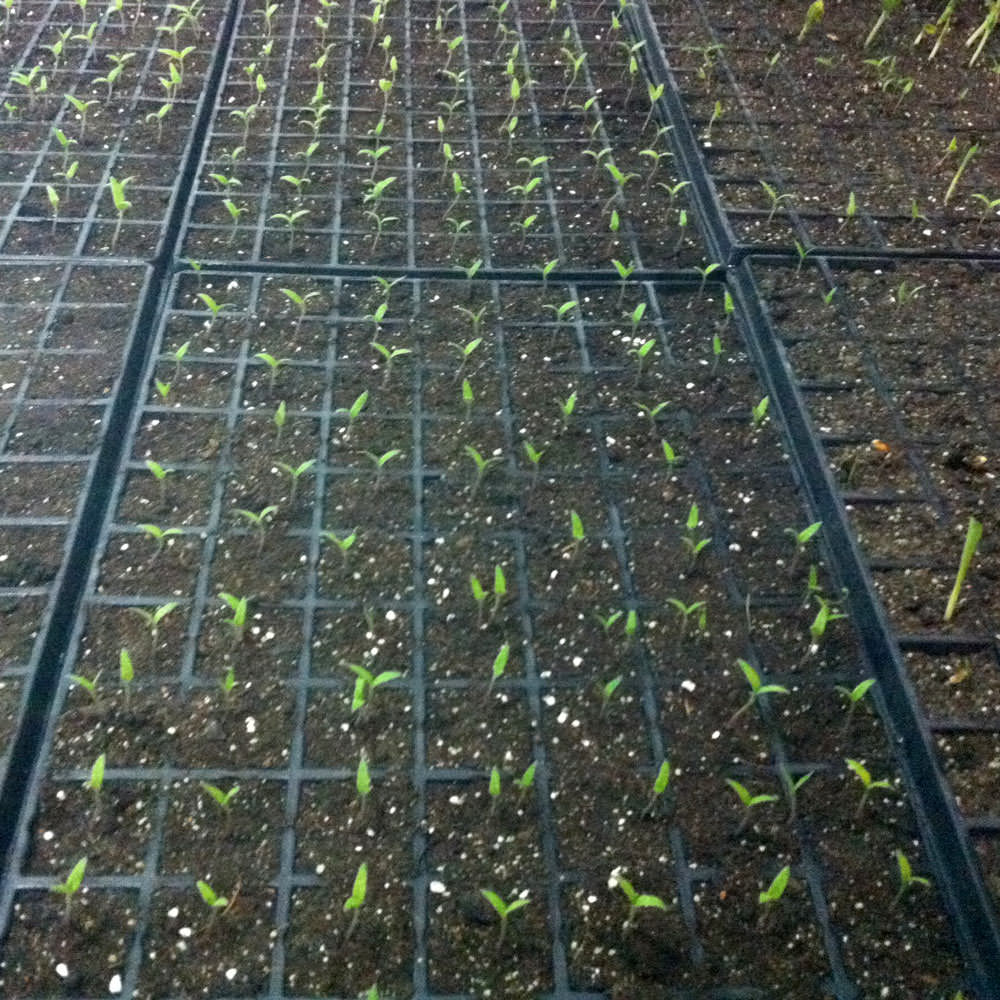
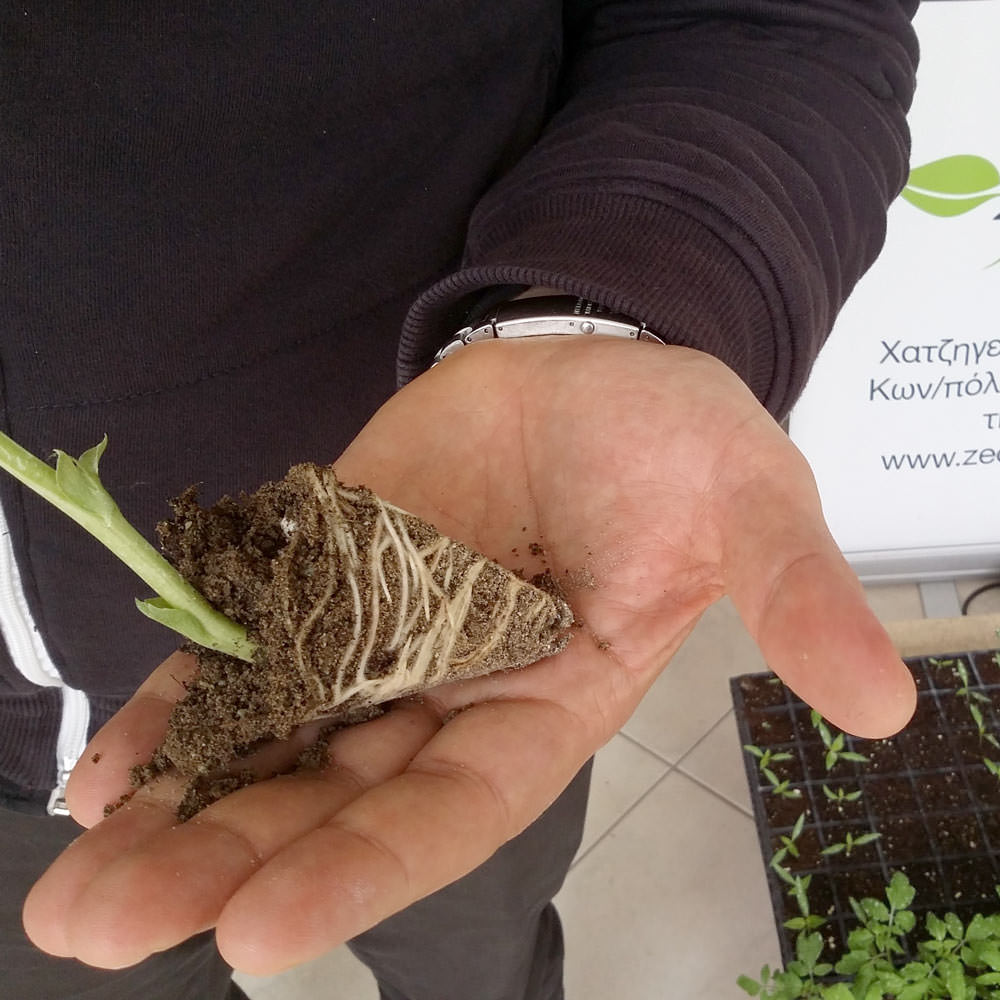
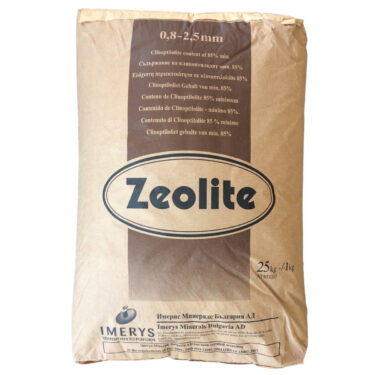
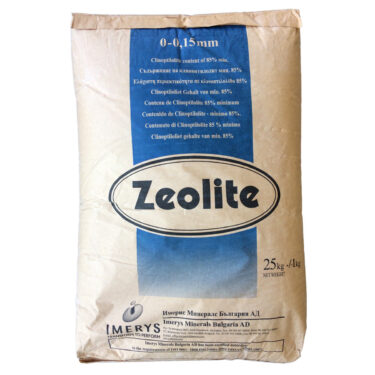

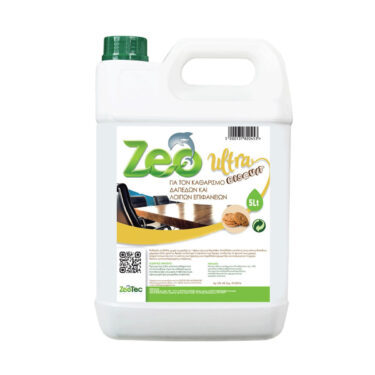
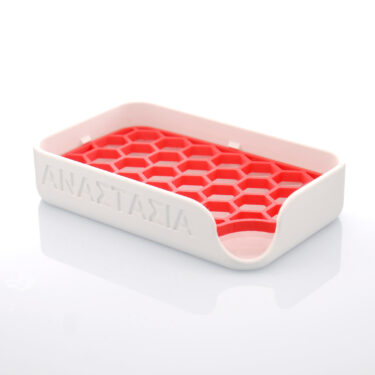

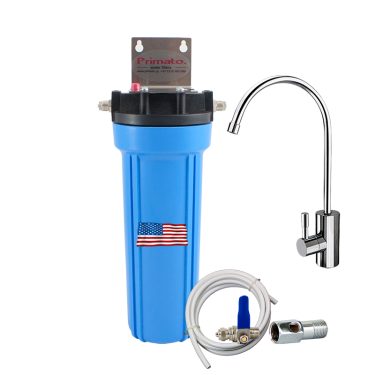

Reviews
There are no reviews yet.